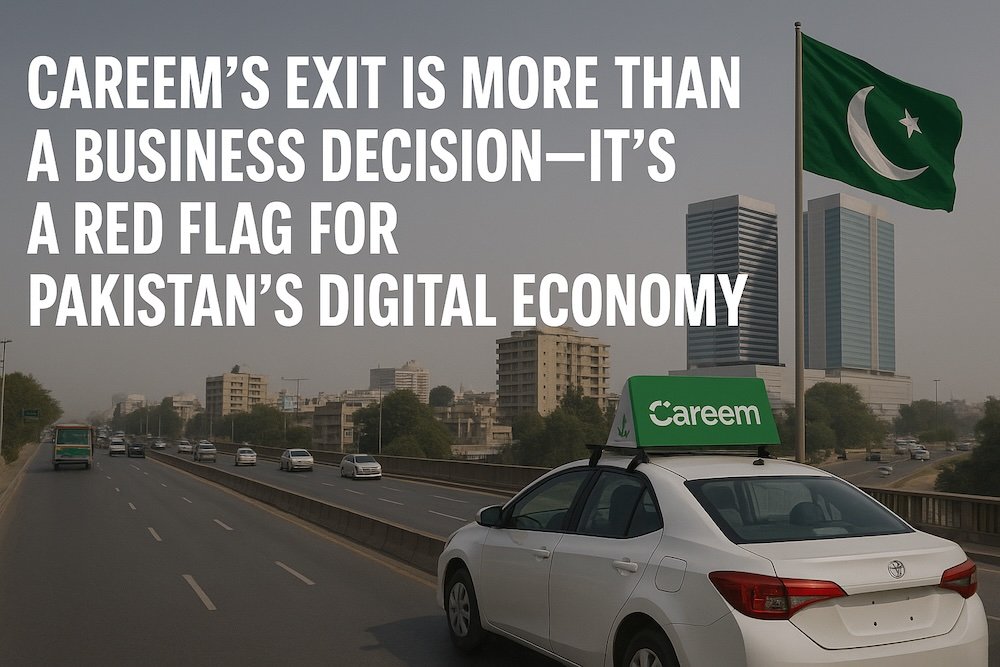The telecommunications landscape in the Gulf Cooperation Council (GCC) countries is undergoing a significant transformation. Recent findings from Moody’s Investor Service suggest a strategic pivot for telecom operators, with a marked shift towards investments in digital services and information and communication technology (ICT). This strategic reorientation is not just diversifying the portfolios of telecom companies but also propelling growth, enhancing capital efficiency through the disposal of non-core assets, and securing future revenue streams in a competitive global marketplace.
Investing in the Future: Digital Services and ICT
Telecom operators within the GCC are embracing digital consumer services and technology enterprise solutions, moving beyond their traditional scope of operations. According to Moody’s latest report, these investments are symbiotic with the operators’ foundational connectivity offerings and smartly leverage their existing customer bases. This tactic paves the way for these entities to diversify their revenue and decrease reliance on the core telecom business, which is increasingly becoming a commoditized market.
For example, Saudi Telecom Company (STC) and Omantel are making concerted efforts to enhance their ICT capabilities, tailoring their services to meet the needs of corporate and government clients as well as the wholesale business sector. These strategic moves are realized through a blend of organic growth, innovative startup collaborations, and astute bolt-on acquisitions.
Revenue Reshaping and Growth Projections
The strategic shift is already reflecting in the financial metrics. Omantel’s revenue from ICT, wholesale, and other services has seen a substantial climb to 39% in 2022, up from 22% in 2018. This reorientation is anticipated to buttress further growth, with Moody’s forecasting a 3% annual revenue increase for GCC telecom operators over 2023-2024.
However, there are disparities in growth expectations among individual operators. UAE’s e& (formerly known as Etisalat) is predicted to experience a significant surge in growth by 2024, buoyed by the consolidation of PPF Telecom assets. Conversely, Omantel’s growth is expected to be tempered due to a saturated core market where intense competition curbs its expansion potential.
The Strategic Sale of Tower Infrastructure
A prominent trend identified by Moody’s is the global shift towards the divestiture of tower infrastructure by telecom operators, a move that GCC companies are readily adopting. The sale of tower infrastructure is envisaged as a dual advantage strategy, simultaneously unlocking capital for reinvestment or debt repayment and ensuring better returns on capital employed.
Operational and capital expenditure optimizations are also envisioned benefits from such strategic sales, especially with the proliferation of 5G technology which necessitates a higher density of towers. Nevertheless, Moody’s cautions that inflation and its impact on lease costs might offset some expected gains in the short term.
Omantel’s sale of towers to Helios Towers for a significant cash consideration stands as a testament to this strategy. This transaction has enabled Omantel to alleviate its debt, although Moody’s observes that the impact on leverage was modest when adjusted for capitalised lease obligations.
International Acquisitions: A Portal to Global Expansion
GCC telecom operators are not limiting their growth strategies to domestic or regional plays. They are casting their nets wider, with acquisitions in telecommunications across Europe and with potential sights on Africa and Asia. This internationalization drive, rekindled in 2022, is underpinned by the robust financial health of GCC telecom firms, empowered by their strong balance sheets.
Europe, in particular, is emerging as a focal region for these expansions. Moody’s notes that recent announcements underscore this strategic direction, although it also acknowledges that European governments may exercise caution regarding the transfer of strategic telecom assets to foreign entities, suggesting that significant minority holdings might offer a viable alternative route for GCC operators.
Conclusion: A Spectrum of Strategic Shifts
In conclusion, the GCC telecom sector is at the cusp of a new era, marked by strategic diversification and savvy investment in digital and ICT capabilities. Moody’s report encapsulates this transitional phase, highlighting the financial shrewdness of asset divestiture and the ambitious drive towards global expansion. The changing telecom landscape in the GCC could well serve as a blueprint for operators worldwide, balancing core business sustenance with the pursuit of new, uncharted digital frontiers.















